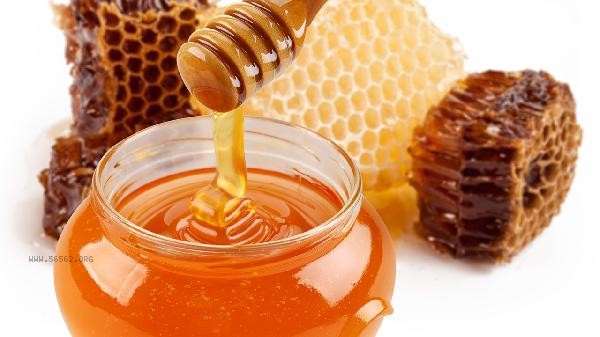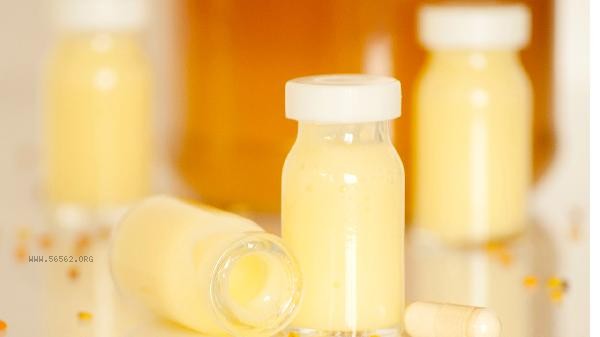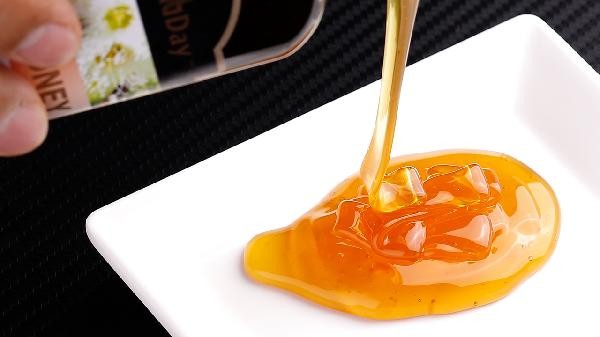Honey lemon soaked for three years should generally not be consumed as there may be a risk of spoilage. The storage time of honey lemon is affected by factors such as sealing, storage environment, and freshness of raw materials. After mixing honey with lemon, the high sugar content and acidic environment can inhibit some bacteria, but long-term storage may still breed mold or yeast. In theory, glass jars can be stored for several months with intact sealing and full refrigeration, but three years is far beyond the safe period. The moisture in lemon will gradually precipitate, dilute the concentration of honey, reduce the preservative effect, and cause a large amount of vitamin C to oxidize and become ineffective. If the temperature fluctuates greatly or the sealing is not tight during storage, honey may ferment and produce gas, resulting in sour taste, turbidity and layering, or bottle cap swelling. Lemon slices will gradually rot and mold, producing harmful substances such as penicillin. Eating spoiled honey and lemon by mistake may cause gastrointestinal discomfort, including symptoms such as diarrhea and abdominal pain, especially for immunocompromised individuals who are at a higher risk.

It is recommended to label the date when making honey lemons and store them refrigerated for no more than six months. Check for any odor, discoloration, or mold before consumption, and discard immediately if any abnormalities are found. It can be made in small amount daily to ensure freshness. Patients with diabetes and those with gastrointestinal sensitivity should use it with caution. If discomfort occurs after ingestion, seek medical attention promptly and bring the remaining sample for testing.










Comments (0)
Leave a Comment
No comments yet
Be the first to share your thoughts!